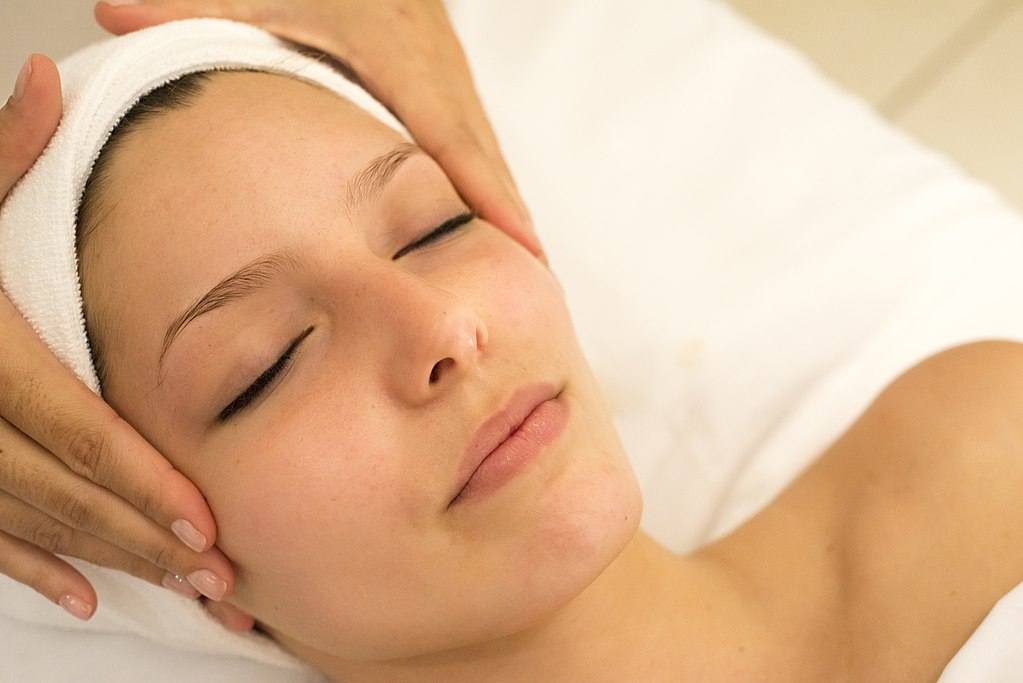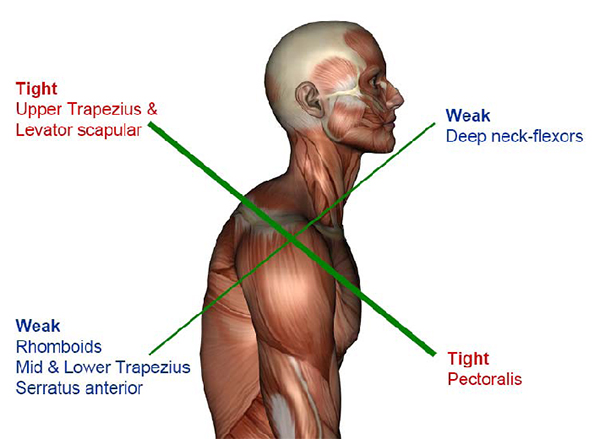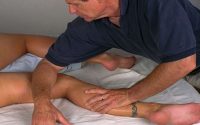The effect of massage on the tissue regeneration potential
Massage is commonly promoted to enhance skin health by increasing its ability to regenerate and improving its elasticity and resilience. However, there is no research study to back up this claim. Skin regeneration, which is essential to skin health, is a complex process, which is difficult to monitor. Perhaps one avenue to substantiate this claim is to evaluate the possible effects of massage as a skin angiogenesis-initiating factor, in other words, its ability to increase the formation of new capillaries from the existing vascular network.
Angiogenesis (the formation of new capillaries) is the key element in wound healing and tissue regeneration, and therefore likely essential to skin health. It is a complex process regulated by many factors. A study from Poland investigated the effect of skin massage on stimulating the expression of angiogenesis-initiating factors, i.e. VEGF-A, FGF-2 (bFGF) and CD34 and on skin regeneration processes. These markers are known as the critical angiogenesis-stimulating factors.
The study was conducted on 48 Buffalo strain rats, randomly divided into two groups: massage treatment and control. In the first group, massage was applied five times a week for 7 weeks. Massage consisted of spiral movements at the plantar surface of skin for 5 min on each rear extremity. The gene expression of proangiogenic factors, including VEGF-A, FGF-2, CD34 at the mRNA level was determined using real-time PCR. Immunohistochemistry was performed on paraffin sections of rat skin to determine VEGF-A, FGF-2 CD34 and Ki-67expression.
The results showed an increase in mRNA expression in the skin of the rat’s rear extremity for VEGF-A and FGF-2 in the first week of the experiment in the massage group compared with the control rats. The upregulation of CD34 mRNA expression was also observed in the massage group.
The immunohistochemical expression of VEGF-A, FGF-2 and CD34 was at a much lower level in the skin of control rats relative to the skin of massaged animals. Moreover, significantly higher immunoreactivity was shown for nuclear protein Ki-67 in epidermal cells in the massage group.
The authors concluded that massage of rat skin increased the expression of the main angiogenesis-stimulating factors and the proliferative activity of epidermal cells, which can stimulate skin regeneration and tissue repairing processes. By extension, massage should be beneficial to skin health. Of course, the applicability of this finding to human is still speculative, but it is promising.
Comment by Joseph Muscolino
If the results of this study are applicable to humans, as they likely are, then massage would be beneficial to skin health. This is another study that bolsters the claim that soft tissue manipulation, in other words massage, is not only effective for the treatment of myofascioskeletal conditions, but also for other aspects of the health of the human body. This would seem to make sense in that massage would affect circulation, which is fundamental to the nourishment and therefore health of cells, and the effect of touch on the nervous system would certainly seem to have far-reaching effects!



